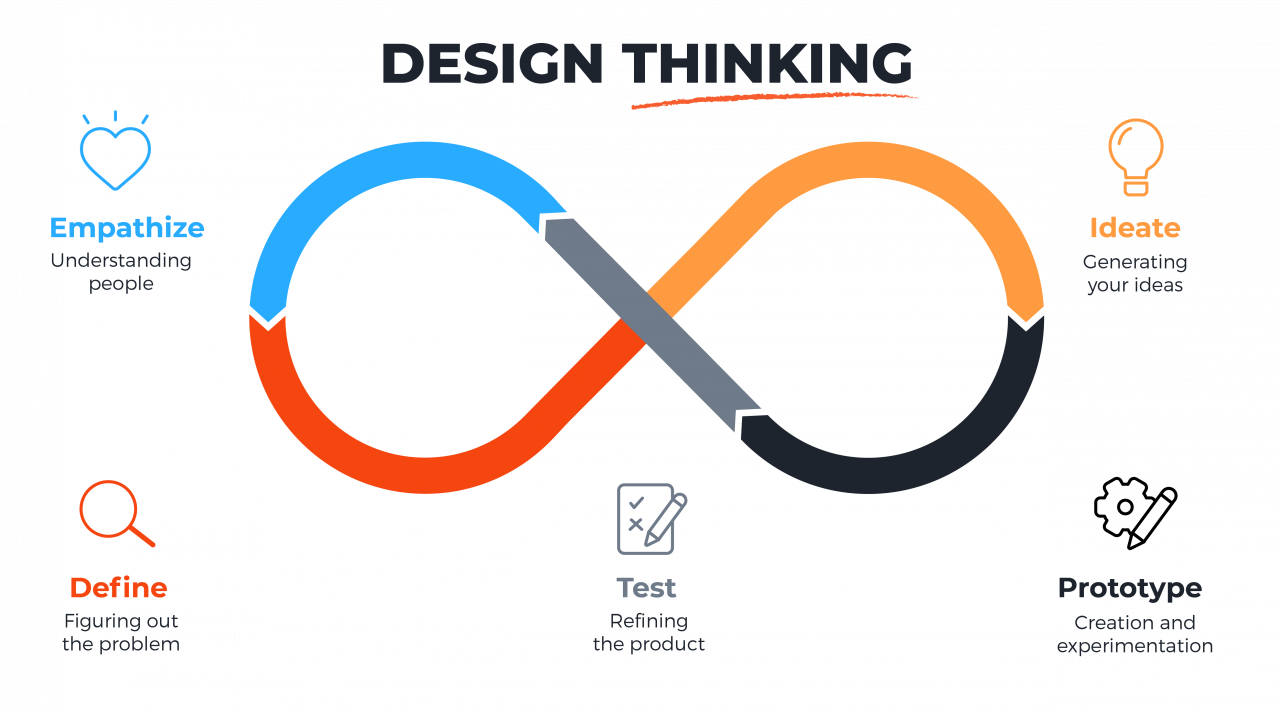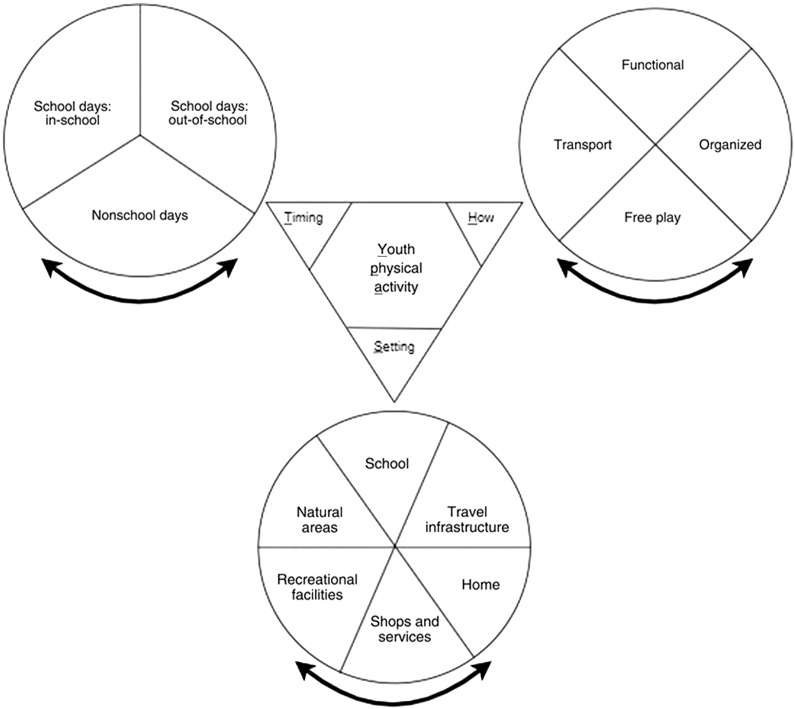We tackle multidimensional
environmental health problems
At the HEAT Lab, we identify what impacts the health of youth and create and test potential solutions
We conduct mixed-methods, community-engaged research to explore the relationship between children’s environment, movement behaviors, and health outcomes. This work draws on a range of methods including high-resolution climate modeling, sensor technologies, systematic direct observation, surveys, interviews, and focus groups. The spatial nature of our work lends itself to processing, analyzing, and communicating data using a geographic information system (GIS).

Our research follows the Design Thinking Process—a non-linear, iterative, and human-centered approach comprising the five phases of empathize, define, ideate, prototype, and test—in partnership with community members, practitioners, and other researchers. Community members are essential experts in our research approach, since those who are facing issues must be meaningfully involved in developing solutions for those solutions to be truly effective. We design all projects with next steps for research and practice in mind, and strategically communicate our findings to diverse audiences through multiple channels to facilitate awareness, education, and policy change.
In assessing how factors such as extreme heat impact youth physical activity, we adopt our own Youth Physical Activity Timing, How, and Setting (Y-PATHS) framework to classify when children will be active, the type of activity, and where the activity occurs. Y-PATHS helps us better understand the complexities of youth physical activity, a product of unique circumstances, development stages, and environments in which children and adolescents operate.


